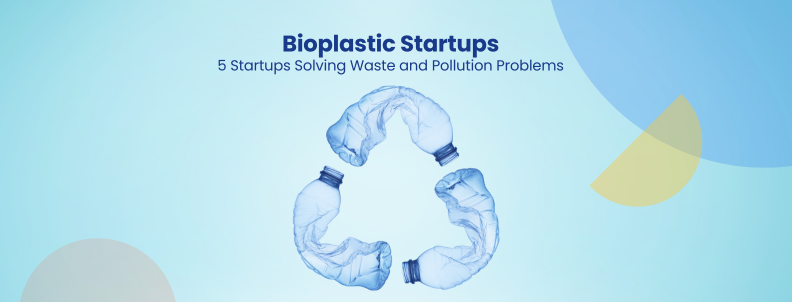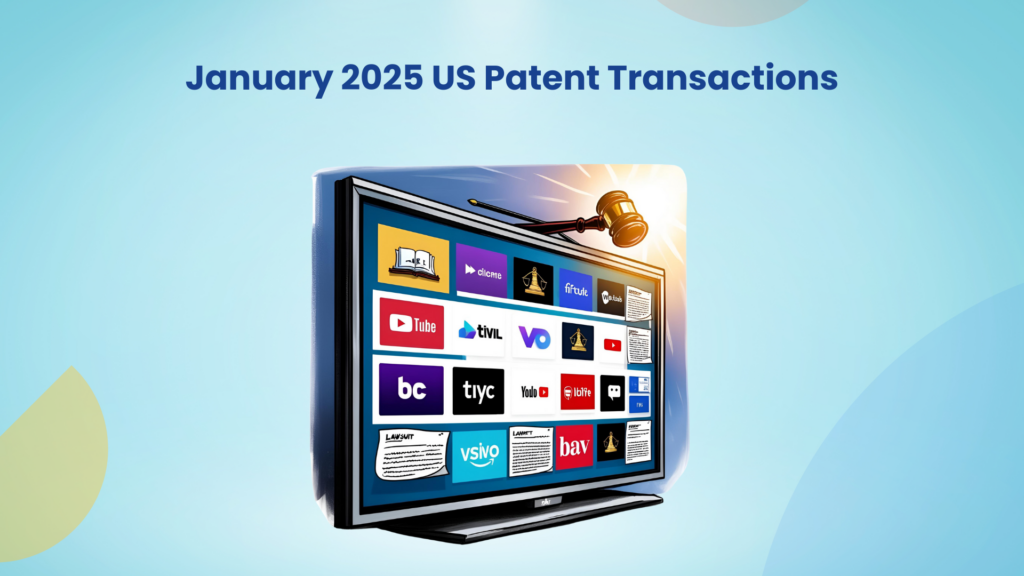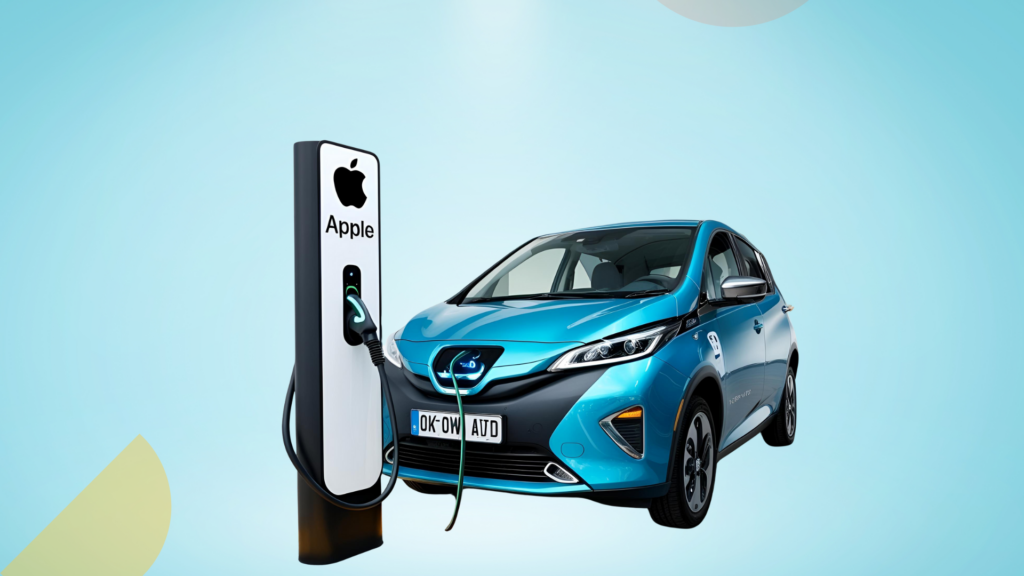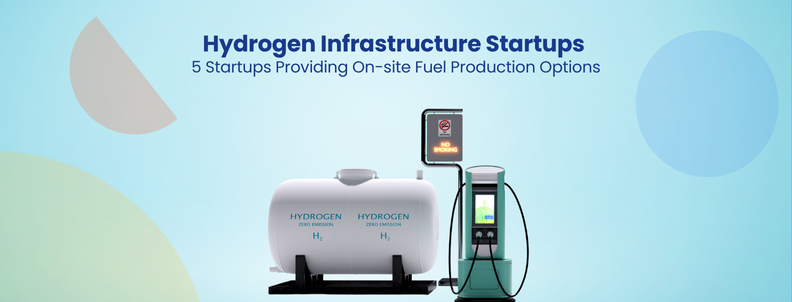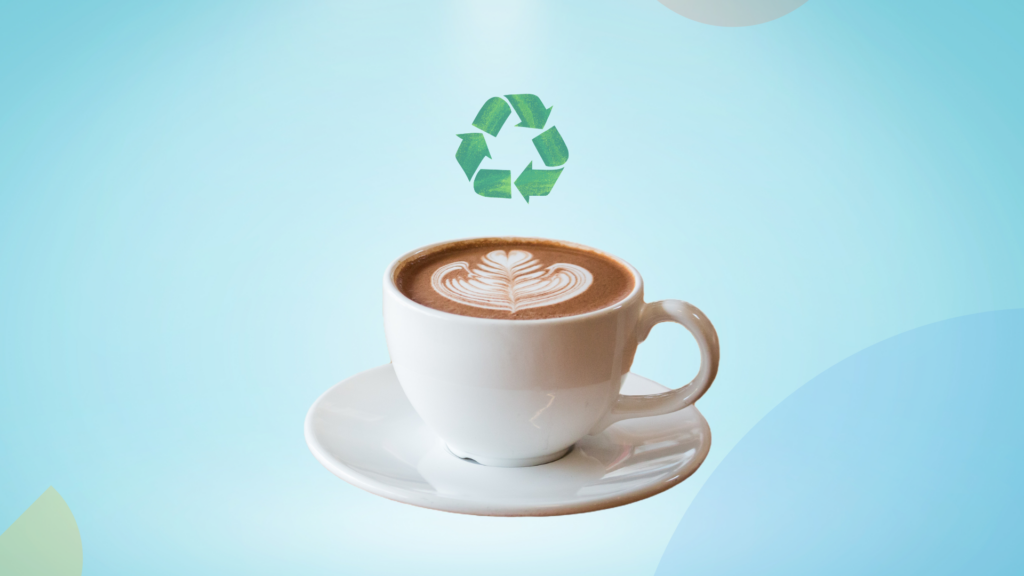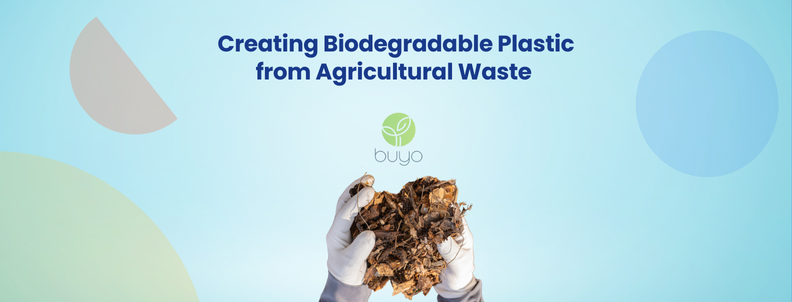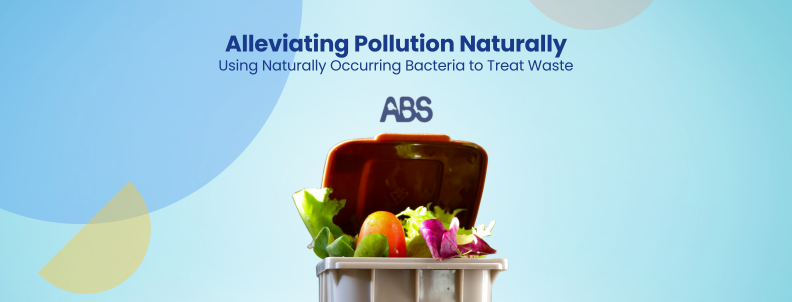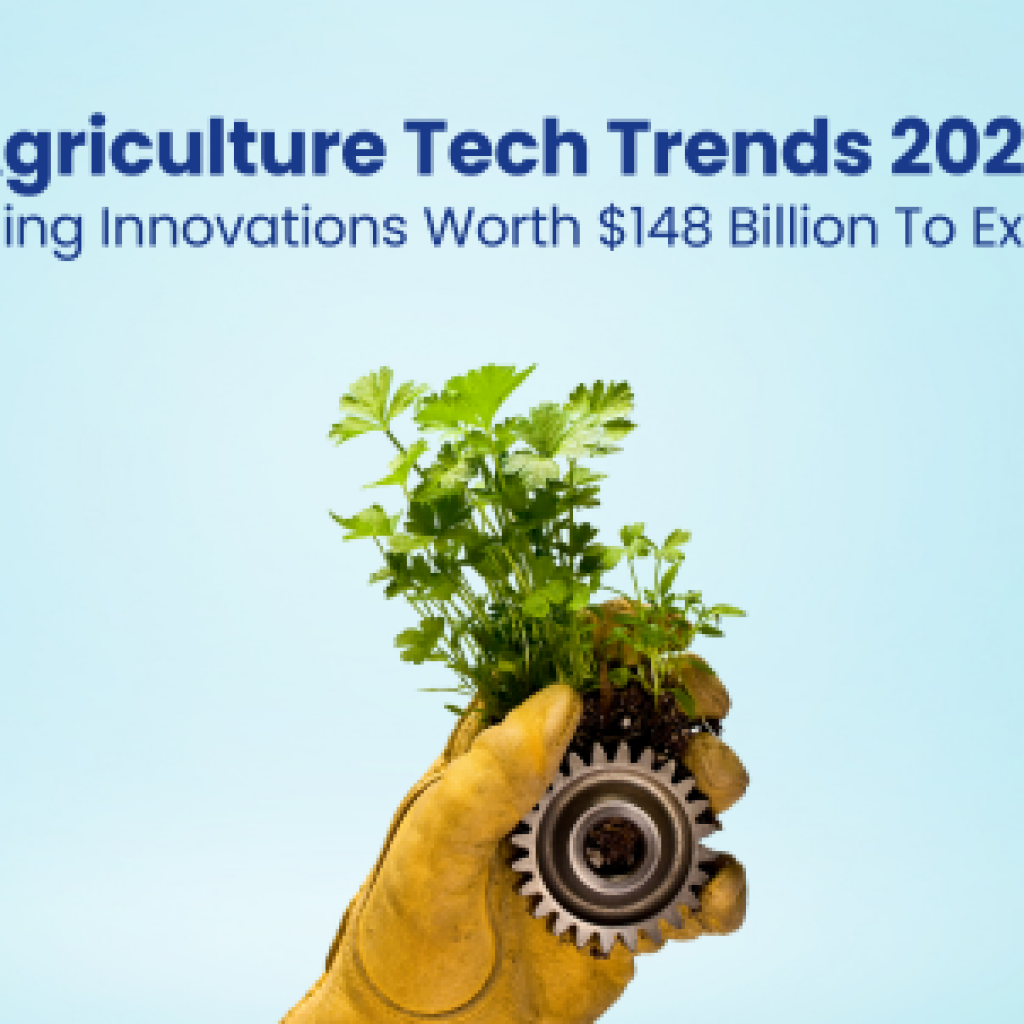Conventional plastics are derived from finite fossil fuels and contribute to pollution and waste. These can take hundreds of years to decompose.
Though improving, recycling efforts are insufficient to handle the plastic waste generated. It results in the accumulation of plastic in oceans and landfills.
Bioplastics is a promising solution to these challenges. It is derived from renewable sources such as corn starch, sugarcane, and even algae and offers several environmental benefits.
Being biodegradable or compostable and significantly reducing the long-term waste problem are some of the bioplastic benefits.
Additionally, bioplastics often require less energy, resulting in lower carbon emissions than traditional plastics. Despite these advantages, the adoption of bioplastics has been slow due to higher production costs, limited availability, and sometimes inferior performance.
In this article, we will explore five innovative startups that are leading to the development of bioplastics that are both economically viable and functionally competitive. These startups have the potential to grow rapidly, are in a good market position, or can introduce game-changing technology to the market in the next 2-3 years.
This makes them a great option to partner, collaborate, or acquire.
1. BUYO Bioplastics offering 100% Bio-Waste and Plant-Based Plastic
| Founding Year | 2022 |
| Headquarters | Vietnam |
| Total Funding Amount | $90K |
| Last Funding Round/Amount | Pre Seed Round |
| Website | https://buyoplastic.com/ |
Plastic pollution and waste management are the two pressing global challenges. The upsurge in the use of non-degradable plastics is leading to the overuse of finite resources and environmental degradation. Biodegradable materials are needed as sustainable alternatives to traditional plastics to save the environment from harm and pollution.
On the other hand, greenhouse gas emissions from discarded biowaste necessitate a cleaner and more sustainable waste management approach. While these two seem like distinct problems, BUYO Bioplastics is tackling them simultaneously.
BUYO Bioplastics developed an innovative proprietary technology to offer a 100% nature-based and biodegradable bioplastic solution.
This technology transforms bio-waste and plant-based materials into plastics that are fully degradable in natural environments. It is also safe for human health and has a minimal carbon footprint. By utilizing readily available bio-waste in Vietnam, BUYO contributes to the circular economy, creating value-added products.

The startup is under the leadership of Co-founder and CEO Hanh Do Hong. Hanh Do has experience in representative and directorial roles with companies like Esquel Group. She holds an MBA degree from Southern California University for Professional Studies. Other co-founding members include Thu Vuong, Hoa Trinh, and Linh Le. These three hold Ph. Ds in different fields and have expertise as researchers, startup founders, and consultants in their respective fields.
BUYO Bioplastics raised the last funding on May 12, 2023, from a Pre-Seed round led by Aldebaran Capital.
2. BIOVOX Providing Recyclable Medical Grade Plastic
| Founding Year | 2021 |
| Headquarters | Hessen, Germany |
| Total Funding Amount | Undisclosed |
| Last Funding Round/Amount | Pre Seed |
| Website | https://www.biovox.systems/ |
The medical industry heavily relies on plastics for sterility and safety, leading to large waste accumulation. Despite sustainability efforts, strict requirements result in extensive use of single-use, fossil-derived plastics, causing significant CO2 emissions. The sector’s carbon footprint is enormous, with one-quarter of hospital waste being plastic, mostly incinerated to avoid contamination.
In Germany alone, over 3 million tons of CO2 are emitted annually from medical plastic waste, surpassing the waste from online retail by 50%. Current recycling methods fall short of addressing this issue.
BIOVOX specializes in medical-grade bioplastics, focusing on sustainability and low CO2 emissions. Its compounds, predominantly bio-based (95-100%), offer an efficient, energy-saving production process.
PLA, a key material in bioplastics, can be chemically recycled for medical use, reducing the CO2 footprint by up to 80% compared to traditional medical plastics like PET, PE, and PP.
The startup bioplastics are biocompatible, tailored for various medical device risk classes, and suitable for injection molding and extrusion processes.
BIOVAX provides transparent, flexible plastics with high elongation at break, filling a gap in sustainable medical packaging and tubing.
Its production adheres to strict ISO 13485 standards, ensuring safety and quality. The startup integrates sustainability with medical-grade purity and safety, offering various applications, from packaging to critical medical devices. Its approach includes comprehensive life cycle analysis with clients and material system customization.
CEO and founder Julian Lotz leads the startup with his experience in Directorial roles. He holds a Ph.D. degree in Mechanical and Process Engineering from Darmstadt University of Technology.
BIOVOX raised a Pre-Seed round on Apr 20, 2022, led by Better Ventures.
Intrigued by these innovative startups in bioplastics?
Subscribe for more similar startups solving core industry challenges.

3. Green Whale Global Creating Biodegradable Plastic Materials using Cassava
| Founding Year | 2019 |
| Headquarters | Seoul, South Korea |
| Total Funding Amount | ₩3.1B |
| Last Funding Round/Amount | Seed Round/₩1.8B |
| Website | https://www.greenwhaleglobal.com/ |
Conventional plastics are neither sustainable nor easily biodegradable, leading to significant pollution and waste management problems. Deriving from non-renewable resources, these plastics persist in the environment for centuries, contributing to landfills and ocean pollution.
Green Whale Global has developed a solution by creating biodegradable plastic materials using cassava starch-based thermoplastic starch. This innovative approach combines PLA with cassava to produce fully biodegradable plastics within 42 days, offering an eco-friendly, recyclable, and reusable alternative.

The startup’s proprietary technology enables the efficient production of these materials, integrating post-consumer recycled content and cellulose to enhance the products’ biodegradability and environmental sustainability.
What sets Green Whale Global apart is its unique technology that allows the compounding of up to 70% cassava starch, significantly higher than existing bioplastic formulations.
CEO Tae Kyun (TK) Yoon, who has a BBA in Economics from Penn State University, is leading Green Whale Global to success.
The startup raised its latest funding of ₩1.8 Billion on Dec 1, 2021, from a Seed round.
4. Biolive Driving Bio-plastic from Olive Pits
| Founding Year | 2017 |
| Headquarters | Istanbul, Turkey |
| Total Funding Amount | $30M |
| Last Funding Round/Amount | Series A/$30M |
| Website | http://www.biolivearge.com/ |
The global crisis of plastic waste, driven by the extensive use of non-biodegradable, petroleum-based plastics, is exacerbating environmental pollution and carbon emissions.
Conventional plastics deplete finite fossil resources and contribute significantly to greenhouse gas emissions. Millions of tonnes of plastic end up in oceans and landfills, harming ecosystems and wildlife.
The challenge lies in finding sustainable alternatives that reduce reliance on fossil fuels and minimize environmental impact.
Biolive has responded to this challenge by developing BioPura, a 100% bio-based plastic derived from olive pits, an agricultural waste product.
With its patented PCT technology, the startup converts this waste into biopolymers, offering an innovative solution that significantly reduces carbon emissions by 94% compared to conventional plastics. This approach leverages non-food agricultural residues, thereby avoiding competition with food resources. It also contributes to the circular economy by upcycling industrial waste.
What sets Biolive apart is its unique use of olive pit waste, diverging from the common practice of using food-based sources for bioplastic production.
With a 25-75% bio-content product range, Biolive’s biopolymers are compatible with recycled and PCR plastics, offering versatile, sustainable granules for various industrial applications.

The startup is led by CEO and co-founder Duygu Yilmaz. She holds a Bachelor’s in Chemistry and a Master’s in Business Administration from Istanbul Technical University.
Biolive raised its latest funding of $30 million from a Series A round on March 2, 2020.
5. Natrify Replacing Conventional Plastic with Adigide
| Founding Year | 2020 |
| Headquarter | Al Qahirah, Egypt |
| Total Funding Amount | Undisclosed |
| Last Funding Round/Amount | Pre Seed |
| Website | https://natrify.github.io/web/index.html |
In the bioplastic industry, especially in the MENA region, the fight against plastic pollution is paramount. These include the enduring presence of conventional plastics in the environment, leading to significant ecological harm.
Industries contribute to this through extensive plastic use and worsening environmental pollution.
The quest for solutions revolves around developing economically viable, biodegradable alternatives that can effectively replace conventional plastics across various applications. These alternatives aim to curb the negative impact and foster a sustainable shift in material consumption.
Natrify addresses the significant challenge of plastic pollution in the bioplastic industry by replacing traditional plastics with sustainable alternatives for commercial uses.
It has introduced Adigide, a patented product created through biotechnology. Adigide comprises single-use products developed using genetically modified microorganisms designed to serve as a viable alternative to traditional plastics in the packaging industry.
This innovation mirrors the characteristics and versatility of conventional plastics and is also cost-competitive, offering a high-value proposition to customers.

The lifecycle of Adigide begins in a fermentation environment, where genetically modified microorganisms produce the desired polymer. The polymer is then extracted, dried into a powder, and formed into resins suitable for various packaging applications.
Post-use, an Adigide product naturally biodegrades into CO2 and H2O, contributing positively to the environment by becoming nutrients for soil and sea. Thus, it closes the ecological loop and promotes a sustainable cycle of use and renewal.
Co-founder and CEO Abdullah Al-Atrash leads this startup with his experience as founder and CEO of Aecor. He holds a degree in Micromasters, Economics, and Policies for a Circular Bio-Economy from Wageningen University & Research.
Ambo Ventures led the last Pre-Seed funding round for Natrify on May 26, 2022.
Partner with cutting-edge startups to tackle your industry’s toughest challenges and stay on top of the competition.
Learn how we can help you discover similar ventures that perfectly fit your needs.

Author: Naveen Kumar, Marketing.

